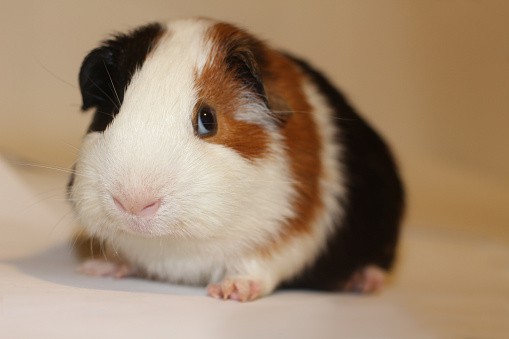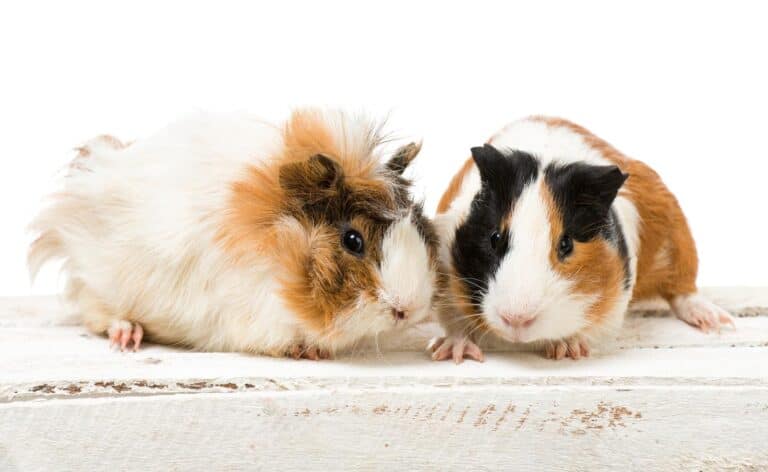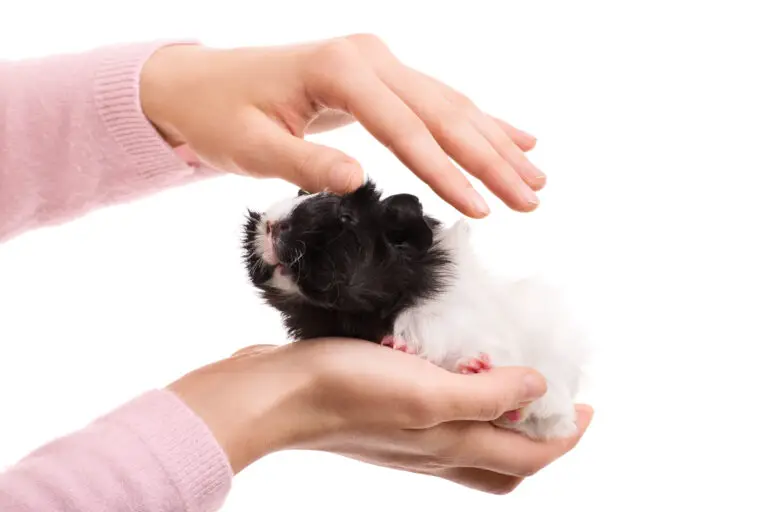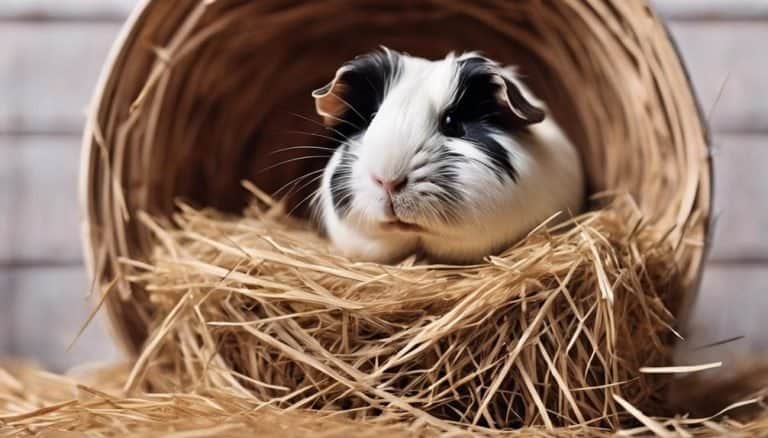Why Do Guinea Pigs Eat Their Poop
Have you ever seen your beloved guinea pig chomping down on its own poop? It may seem like a disgusting and bizarre behavior, but it turns out that guinea pigs frequently eat their own feces! This strange behavioral phenomenon is known as coprophagy, and it’s much more common in guinea pigs than you might think.
In this article, we’ll delve deep into the world of coprophagy in guinea pigs, exploring its potential causes, the impact on their health, and how to reduce or even prevent it.
Key Takeaways
- Coprophagy is a common behavior in guinea pigs and is observed in other animals like rabbits.
- Guinea pigs engage in coprophagy to gain additional nutrients and re-ingest partially digested food that contains important dietary fibers.
- Coprophagy can be caused by factors such as dietary deficiency, boredom, gut bacteria imbalance, or underlying medical conditions.
- Coprophagy can interfere with nutrient digestion, lead to weight loss and gastrointestinal issues, and expose guinea pigs to parasites and diseases. Providing a balanced diet, plenty of hay, and regular cage cleaning can prevent coprophagy.
The Behavior of Coprophagy in Guinea Pigs
Coprophagy, or the consumption of feces, is a common behavior among guinea pigs. Coprophagy is not limited to guinea pigs; many other animals, like rabbits, also partake in this behavior. Studies suggest that coprophagy is an important part of a guinea pig’s eating habits and diet changes.
It is believed that guinea pigs eat their feces to gain additional nutrients, such as proteins and B vitamins, that may have been missed from their daily diet. Eating their own feces also helps guinea pigs to re-ingest partially digested food that may contain important dietary fibers. In addition, coprophagy helps guinea pigs to ward off parasites and other harmful bacteria that may lead to intestinal problems.
Coprophagy may also be an instinctual behavior that guinea pigs have inherited from their ancestors, or a physical reaction to stress. Although coprophagy is not a harmful behavior, guinea pig owners should ensure that their pet’s diet is balanced and contains all the necessary vitamins and minerals in order to prevent any health issues.
Potential Causes of Coprophagy in Guinea Pigs
Coprophagy, or the ingestion of feces, is a potential behavior amongst guinea pigs that is attributed to a variety of causes. This instinctive behavior is believed to occur in order to absorb additional nutrients from the feces that are not present in the guinea pig’s diet.
Dietary deficiency is one of the most common causes of this behavior, as guinea pigs may be missing vital nutrients in their diet that their body is searching for. In some cases, coprophagy may also be caused by boredom, as guinea pigs may engage in this behavior as a way to pass the time.
This behavior can also be caused by an imbalance in the guinea pig’s gut bacteria, as well as an underlying medical condition such as an infection or disease. In order to reduce this behavior, it is important to ensure that the guinea pig has a balanced diet and is receiving the necessary nutrients it needs.

The Impact of Coprophagy on Guinea Pigs’ Health
Ingestion of feces, known as coprophagy, can hurt the health of guinea pigs. Coprophagy can interfere with nutrient digestion and decrease the quality of a guinea pig’s diet.
When a guinea pig consumes its feces, it is re-ingesting food that has already passed through its digestive system, which means that the guinea pig is not absorbing the full nutritional value of the food. This can lead to nutrient deficiencies, weight loss, and gastrointestinal issues.
Additionally, coprophagy can cause a guinea pig to become exposed to parasites and other diseases. To prevent coprophagy, guinea pigs should be provided with a balanced diet and plenty of hay. Additionally, their cages should be cleaned regularly to reduce the chance of coprophagy.
How to Reduce or Prevent Coprophagy in Guinea Pigs
Providing a balanced diet and plenty of hay, as well as regularly cleaning their cages, can help reduce or prevent coprophagy in guinea pigs. Intake control is the main strategy that should be implemented to reduce or prevent coprophagy.
To do this, dietary changes may be necessary. For example, increasing the amount of hay given to the guinea pig may help increase the amount of fiber in their diet, reducing the urge to consume their droppings.
Additionally, providing smaller amounts of food more frequently, rather than one large meal, may also help reduce the urge to consume their droppings. In addition, providing a variety of vegetables and fruit may provide the necessary vitamins and minerals to reduce the urge to eat their droppings.
Finally, regular cage cleaning can help reduce the amount of droppings in the cage, reducing the urge for the guinea pig to consume them.

Conclusion
Coprophagy, or the ingestion of feces, is a behavior commonly seen in guinea pigs. It is important to understand the potential causes and impacts of this behavior to reduce its occurrence or prevent it altogether.
While some theories have been proposed, more research is needed to definitively identify the motivations behind this behavior. With a better understanding of why guinea pigs engage in coprophagy, we can create more effective strategies to help ensure their continued health and well-being.






